Paleo Weight Loss...Simplified
Use this page to dive into the theory and practice of Paleo weight loss.
Calories matter, but it's not as simple as you might think.
A very basic quick-start guide to get you off the ground.
Weight gain and loss is complicated, but knowledge is power.
Food reward theory? Nutrient density theory? Protein leverage hypothesis? Get the basics here
Calories may Count...but Don't Count Calories
What people think "calories count" means:
| Calories in | Calories Out |
| Food | Exercise |
What "calories count" actually means:
| Calories in | Calories Out |
| Food eaten (determined by appetite hormones, social cues, mood...) Efficiency of gut flora in extracting calories from the food you eat (determined by diet quality, antibiotic use, stress, sleep status) Absorption of nutrients across the gut lining (determined by stress, disease status, inflammation, gut health...) | Exercise (although exercise accounts for a tiny amount of your daily calorie burn) Metabolic rate (determined by genetic luck, height/weight, weight loss history and previous obesity, stress, food quality and percentage of protein in your diet, how many calories you eat, stimulant consumption...) Non-exercise activity thermogenesis (how much you fidget, whether you stand or sit most of the day) Genetic luck and epigenetics (determined by pure dumb luck, what your mother ate when she was pregnant with you, whether your parents were obese, whether you were breastfed...) |
And then there's the question of what you do with those calories: use them for energy or store them as fat. That's determined by hormonal health, most notably insulin. And controlling insulin is a simple matter of diet quality, timing and amount of carbohydrate, timing and source of protein, timing and intensity of exercise, sleep status, stress, gut health, micronutrient status, inflammatory load...
Learn more:
- Calories do "count" in the technical sense...
- But here are 10 reasons why you shouldn't count them.
Calories "count:" nobody is suggesting that the First Law of Thermodynamics is somehow inapplicable. But calorie-counting isn't a useful way for actual humans to maintain their weight in the real world. Counting calories eaten and burned during exercise doesn't begin to control calories in and calories out. There are better ways to make that happen.
Enter Paleo.
Very few people can consciously manage all of the factors controlling weight loss at once. It's just too much. The point of Paleo is to do most of that automatically, in a way that lets you eat to hunger (no calorie-counting!) while your gut flora, gut barrier integrity, diet quality, and micronutrient intake take care of themselves. And the Paleo approach also stresses sleep, stress management, and exercise as equal players in weight loss. Scroll down for a look at how it works...
The Short Version
Diet
Start with a basic Paleo template and adjust to your specific needs. At every meal, eat...
- At least a palm-sized amount of animal protein (or 3-4 eggs)
- A big pile of non-starchy vegetables (corn is not a vegetable)
- Some healthy fat (see a list of Paleo fats)
- Optionally, some starchy vegetables, like potatoes (Yes, potatoes) or sweet potatoes.
This automatically takes care of all kinds of nutrient balance and hunger control issues, so you don’t have to think about it. Do not count calories. No, really. Don’t.
Exercise
Consistency trumps intensity. Pick something you enjoy (or at least tolerate) and do it regularly. Walking counts.
You can lose weight without exercise. Exercise doesn’t burn a lot of calories, and you can’t out-exercise a diet of junk food. But exercising can help hormonally prime your body to lose weight more easily.
Lifestyle
Sleep 8 hours every night, in a dark room. Why sleep is crucial for weight loss.
Reduce and/or manage stress in your life. How stress can wreck your metabolism.
What to expect from the process, how to measure your progress, and how to manage a plateau or a regain.
All About the Science
If you really want to dig deep into the science of body weight and Paleo weight loss, you're in the right place. Use the tabs below to explore our collection of articles thematically.
Important Hormones
- Leptin: controls appetite and hunger. Learn how it works and how to manage it.
- Insulin: controls carbohydrate storage and calorie usage. Learn how it works, how to manage it, and more about insulin in the brain specifically.
Important Nutrients
- Conjugated linolic acid: a fatty acid that may help promote a healthy weight.
- Protein: learn about the role of protein in weight loss.
- Vitamin D/Sunlight: learn about a potential role for Vitamin D and/or sunlight in weight loss and maintenance.
Genetics of Weight Loss
- Learn about the genetic basis of weight and obesity.
- Learn about epigenetics: all the things that affect gene expression.
Why Weight Loss is Difficult and Complicated
- Weight loss and health are two different things. Not all weight loss is healthy; not all health improvements require or cause weight loss. You cannot tell how healthy someone is by looking at them.
- Belly fat and body fat percentage may be particularly important for heath and disease, more so than weight per se.
- Learn how your body actively resists weight loss and tries to regain the weight, and what you can do to manage that.
- Learn how obesity and Type 2 Diabetes may have an autoimmune component that makes everything more complicated.
- Sleep, Weight, and your Gut: It's All Related!
Also check out the Gut Portal for even more about the gut - gut health is crucial for weight loss.
Everything you Ever Wanted to Know About Carbs and Weight Loss
- Q & A: Carbs and weight loss
- How do low-carb diets work for weight loss
- When low-carb isn't working
- Switching from non-Paleo low-carb to Paleo
- About the low-carb "flu" (aka the "keto flu" or "Atkins flu")
Snacking and Paleo weight loss
Foods to Emphasize for Weight Loss

Leafy green vegetables, like spinach, chard, lettuce, kale, arugula, collards, and other greens.
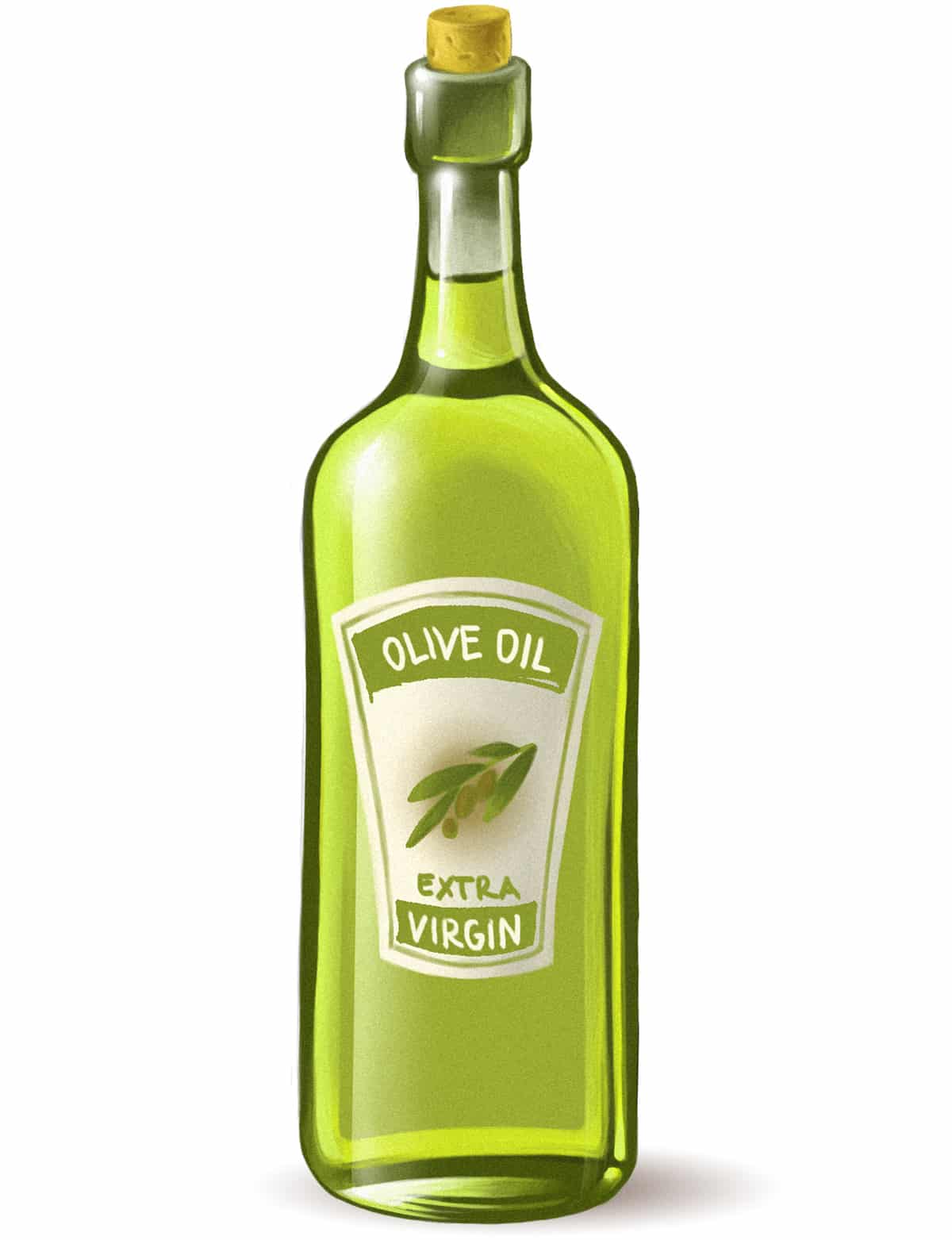
Healthy fats, like coconut oil, olive oil, and butter.

High-quality animal protein, like fish, meat, and eggs. Probiotic foods to keep your gut flora healthy, like sauerkraut and kimchi.
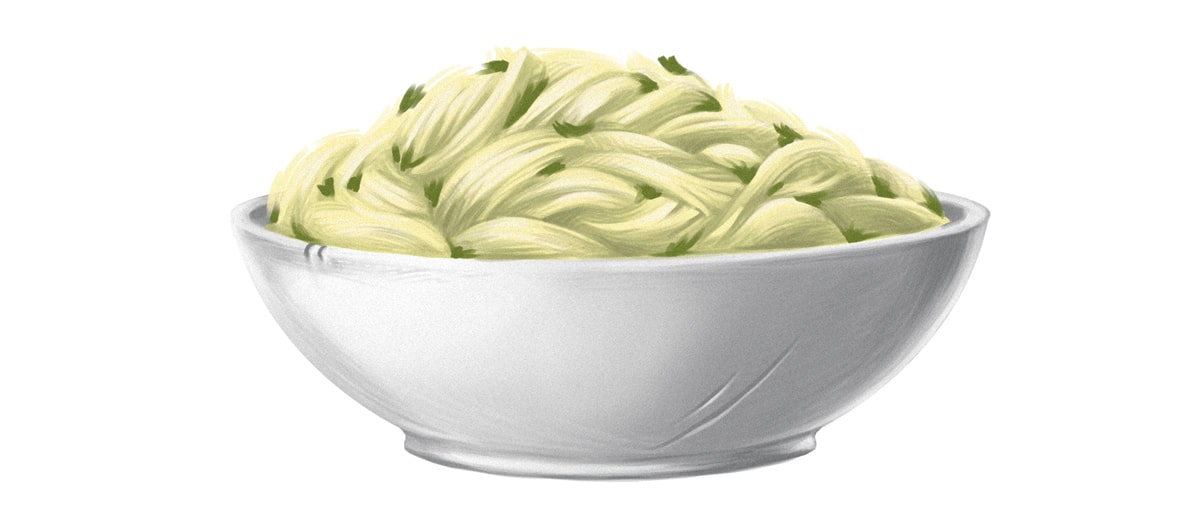
Foods to (maybe) Minimize:
[one_third centered_text="true"]
[/one_third]
[one_third centered_text="true"]
[/one_third]
[one_third_last centered_text="true"]
"Superfoods" (just sleep instead)
[/one_third_last]
Almost all diets based on "willpower" fail. It's not because we're all lazy or stupid; it's because our brains are literally not designed to handle eating just one Oreo when all our evolutionary programming is telling us to eat the whole box.
The solution: pick a diet that minimizes willpower and use habits instead to make healthy eating mindless and easy. Don't rely on emotional motivation; habit is much stronger and more reliable.
And while you're at it, read up on...
- Food Addiction: Part I, Part II, and Part III.
- How self-talk can make or break your diet choices.
- Why you shouldn't food about being"good" and "bad"
Exercise is helpful for weight loss, but not because it burns a lot of calories (it doesn't). It's because exercise has hormonal benefits that make weight loss easier. Priority #1 should be picking something you like and can keep doing regularly. If you have options, many studies show the best results with a mix of aerobic exercise (walking, jogging, biking, swimming...) and strength training.
Learn more about...
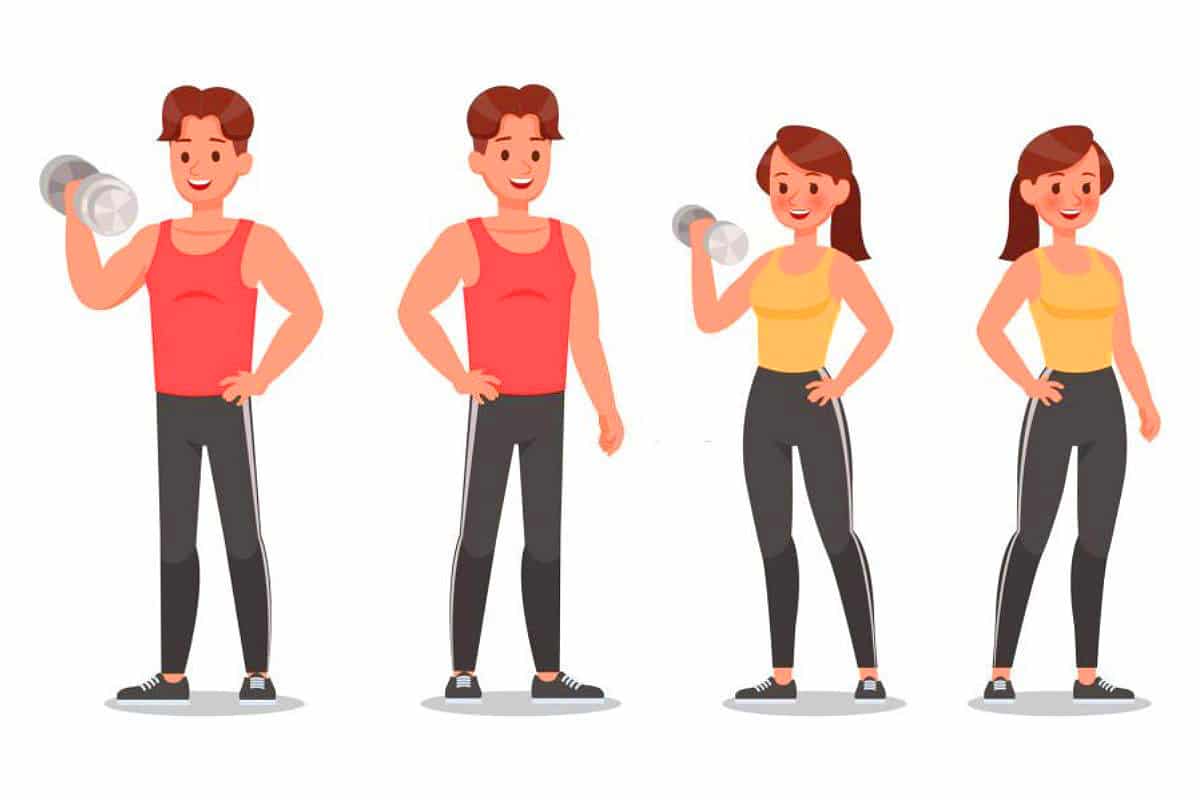
Cardio and fueling it on a Paleo diet Weight training and the importance of muscle Swimming
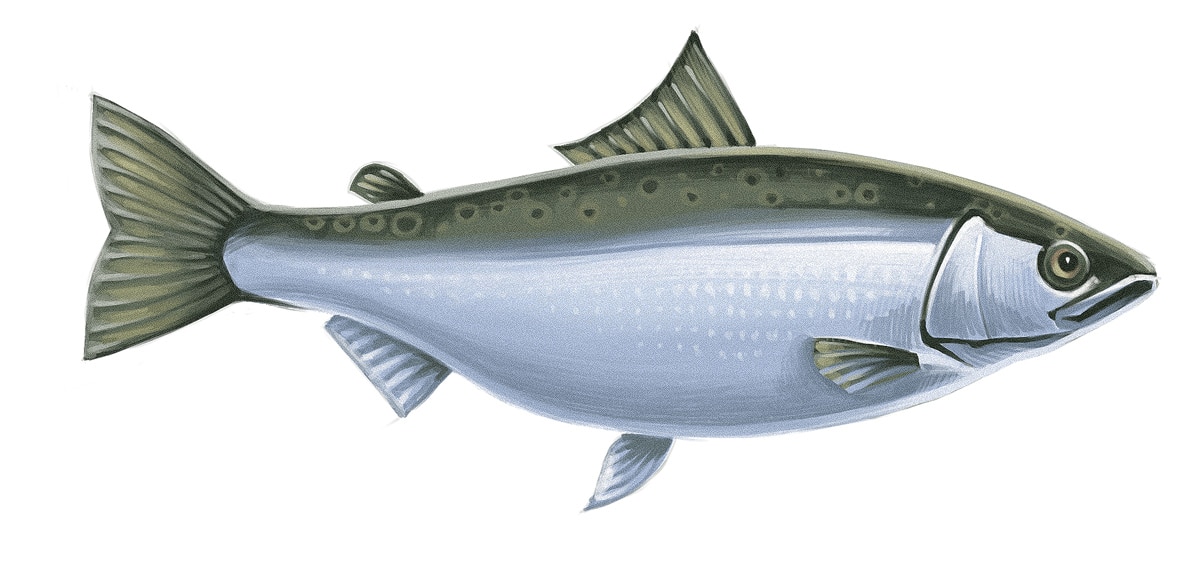
Key Terms and Theories
Organized in alphabetical order. These are some of the important terms and theories about obesity. This isn't a claim that any of these theories are true; it's just a list of definitions so you know what you're reading about.
Adipose Tissue: Fat tissue (this is just to distinguish fat on your body as a storage form for calories from fat as a nutrient that you eat)
Body Fat Percentage: Measures what percentage of a person's body mass is fat tissue. More relevant for health than just their weight.
Body Mass Index (BMI): Measures roughly how much someone weighs relative to their height. Does not measure their health. BMI is useful on a population level but not very useful for individuals.
Carbohydrate-Insulin Hypothesis: The theory that obesity is caused by overeating carbohydrates, which raises levels of the storage hormone insulin, which stores calories as fat.
Conjugated linoleic acid: a type of fat that may be important for weight loss.
Evolutionary Mismatch Hypothesis: The theory that obesity is caused by a mismatch between our bodies (evolved to eat a certain diet) and our diet (which no longer remotely resembles the diet we evolved to eat).
Food Reward Hypothesis: The theory that obesity is caused by foods that are hyperpalatable: they taste so good that they’re actually addictive and change our brain chemistry to promote overeating.
Ghrelin: A hormone that makes you feel hungry.
Gut Flora: Friendly bacteria that live in your gut. They help break down and absorb food. Obese people have different patterns of gut flora than lean people. You can learn more about gut flora here.
Insulin: A hormone responsible for metabolizing carbohydrates (among many other things). Resistance to the effects of insulin is one big player in obesity and Type 2 Diabetes.
Leptin: A hormone important for regulating appetite. Obese people have problems with leptin regulation.
Non-Exercise Activity Thermogenesis: calories you burn by doing things that aren't "exercise," like washing the dishes, fidgeting at your desk, or mopping the floor.
Nutrient Density Theory: the theory that obesity is caused by foods that are calorie-dense but nutrient-poor. Your body knows it needs something more, so you stay hungry even though you’ve had enough calories. Ultimately, you have to overeat calories to get your nutrient requirements.
Protein Leverage Hypothesis: The theory that obesity is caused by inadequate dietary protein. Your body will stay hungry until you get enough protein, even if you’ve had enough calories. Ultimately, you have to overeat calories to get your protein requirements.
Set Point: The weight that your body is "defending," or trying to maintain or return to. People who were obese at any time in their life will have a higher set point than people who were never obese.



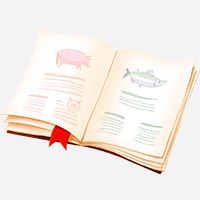








Leave a Reply